Episode 15 of Season Two of the We’re Not Stumped podcast features Penta Medical Recycling. My guests from this great organization are founder Henry Iseman, Deputy Director Anna Szczepanek and Director of Operations Mijamin Strong.
The organization was founded in 2016, when a group of university students established Penta Medical Recycling with a dual mission: to make affordable prosthetic care accessible in low- and middle-income countries while repurposing medical waste in the United States.
This initiative stemmed from the recognition that a staggering 85-95% of the world’s 100 million amputees lacked access to proper prosthetic care and equipment. Meanwhile, hundreds of thousands of still functional but slightly outdated prostheses were being replaced and discarded annually in the United States.
Penta discovered a solution to address both of these pressing issues simultaneously. By collecting and refurbishing used prosthetic and orthotic equipment in the United States, they could declutter private homes, ease the burden on clinics responsible for disposing of unusable devices, and, most importantly, restore the ability to walk, work, and thrive for amputees worldwide.
In 2018, Penta Medical Recycling was officially incorporated as a 501(c)(3) nonprofit organization. Since then, it has evolved into a global operation collaborating with government health agencies, both private and public healthcare institutions, and various nonprofit organizations, both within the United States and internationally. Penta’s operations have expanded to encompass 16 different countries across six regions worldwide.
Links:
Penta Medical Recycling Website: https://pentaprosthetics.org
Penta Medical Recycling Facebook: https://www.facebook.com/penta.medical.recycling/
Penta Medical Recycling Instagram: https://www.instagram.com/penta.medical.recycling/
Penta Medical Recycling LinkedIn: https://www.linkedin.com/company/penta-medical-recycling/
#amputee #amputeelife #amputeestrong #prosthetics #prostheticleg #amplife #amputation #limbloss #amputees #adaptiveathlete #disability #amputeefitness #prosthetic #prosthesis #disabled #adaptive #iamadaptive #amputeelifestyle #oneleg #amputados #bionic #inspiration
Watch on YouTube
Listen on Spotify
In this powerful and reflective episode of We’re Not Stumped, host Mike Bolland welcomes Terry Tucker, author of Four Truths and a Lie, for a deep conversation about mindset, mental toughness, and what it truly means to live a significant life. Terry shares the philosophy behind his latest book, which challenges common definitions of success rooted in money, status, and material achievement. Instead, he invites listeners to rethink success through the lens of service, responsibility, and impact on others. At the heart of his message is one foundational truth: if you don’t control your mind, it will control you.
In this eye-opening episode of We’re Not Stumped, host Mike Bolland speaks with Dr. Kevin Lee, a vascular and interventional radiologist at Georgia Endovascular, about why so many amputations don’t have to happen. Dr. Lee explains how misdiagnosed or untreated peripheral artery disease (PAD) is one of the leading causes of limb loss—especially among veterans, older adults, and people living with diabetes. He shares how minimally invasive endovascular procedures can restore blood flow, reduce pain, and help patients avoid amputation when disease is caught early.
Tom Lenoble’s story is a powerful combination of leadership, resilience, and personal transformation. In this inspiring interview, Tom reflects on his remarkable career leading global customer operations for major brands like MCI, Walmart.com, Palm, and Facebook, where he helped build the company’s first customer operations organization during its explosive early growth. Beyond his Silicon Valley leadership achievements, Tom opens up about surviving two life-threatening illnesses, living with HIV, and battling metastatic cancer for 13 years while continuing to lead, inspire, and thrive. His bestselling memoir, My Life in Business Suits, Hospital Gowns, and High Heels, reveals the deeply human side of his journey — from corporate success to vulnerability, healing, and purpose.

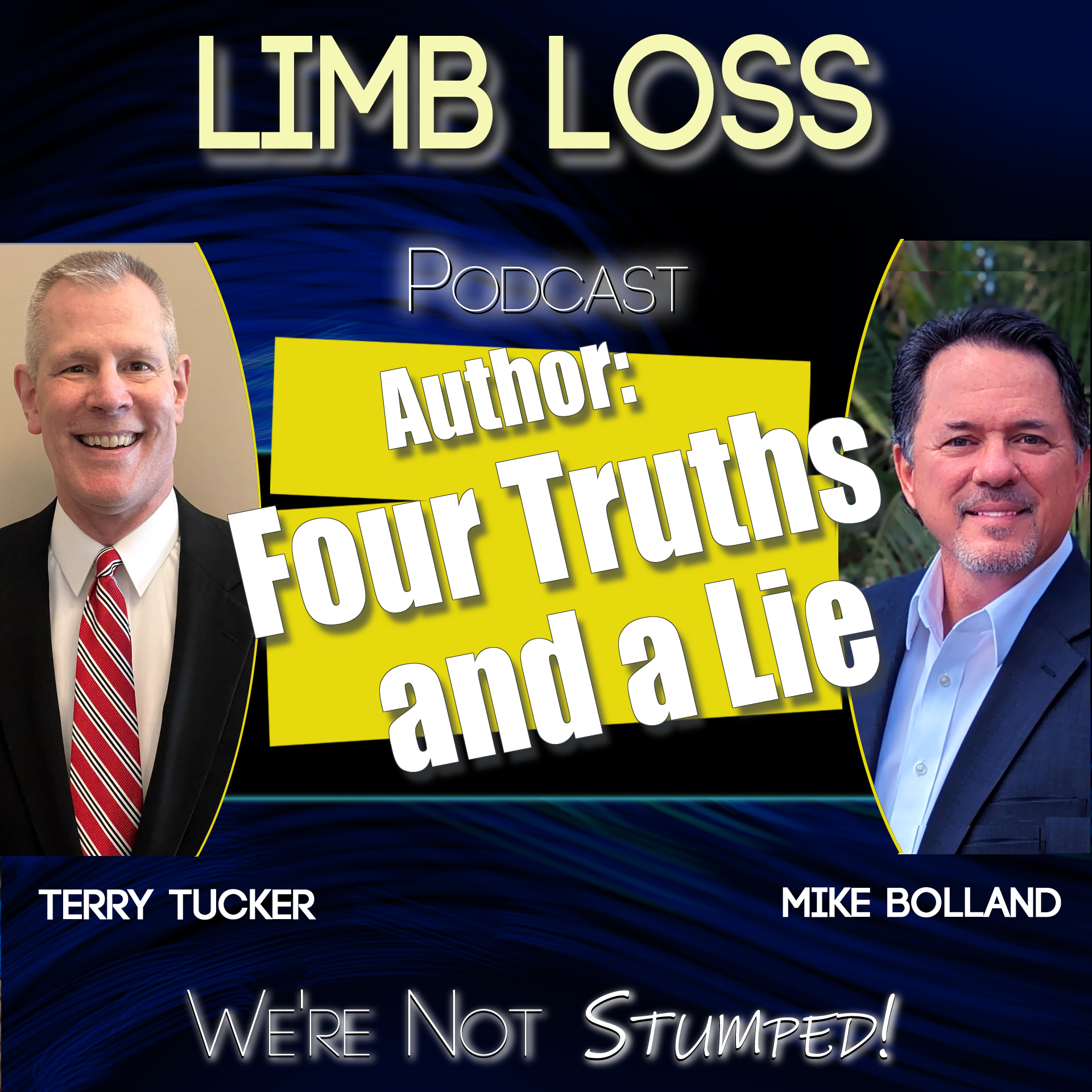
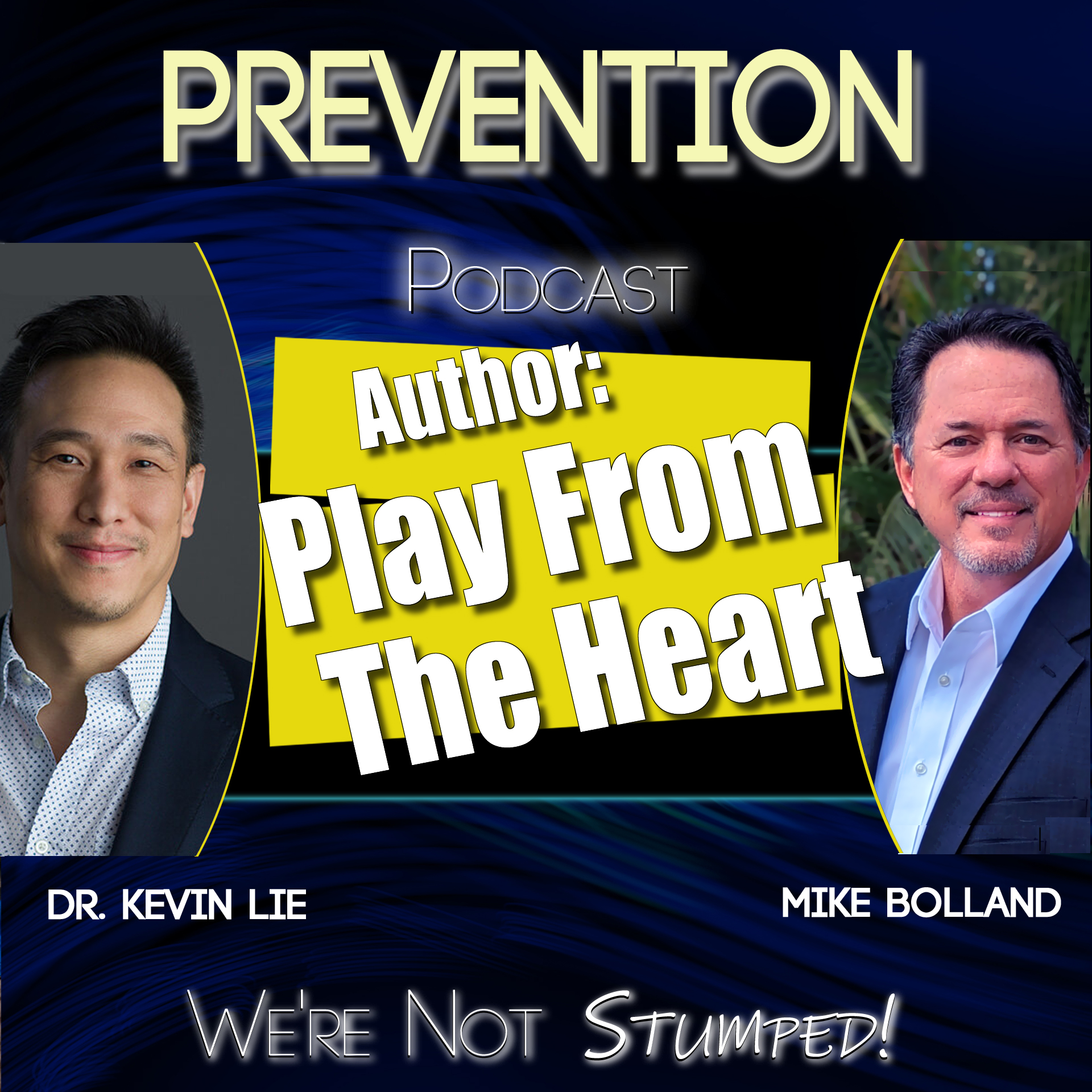
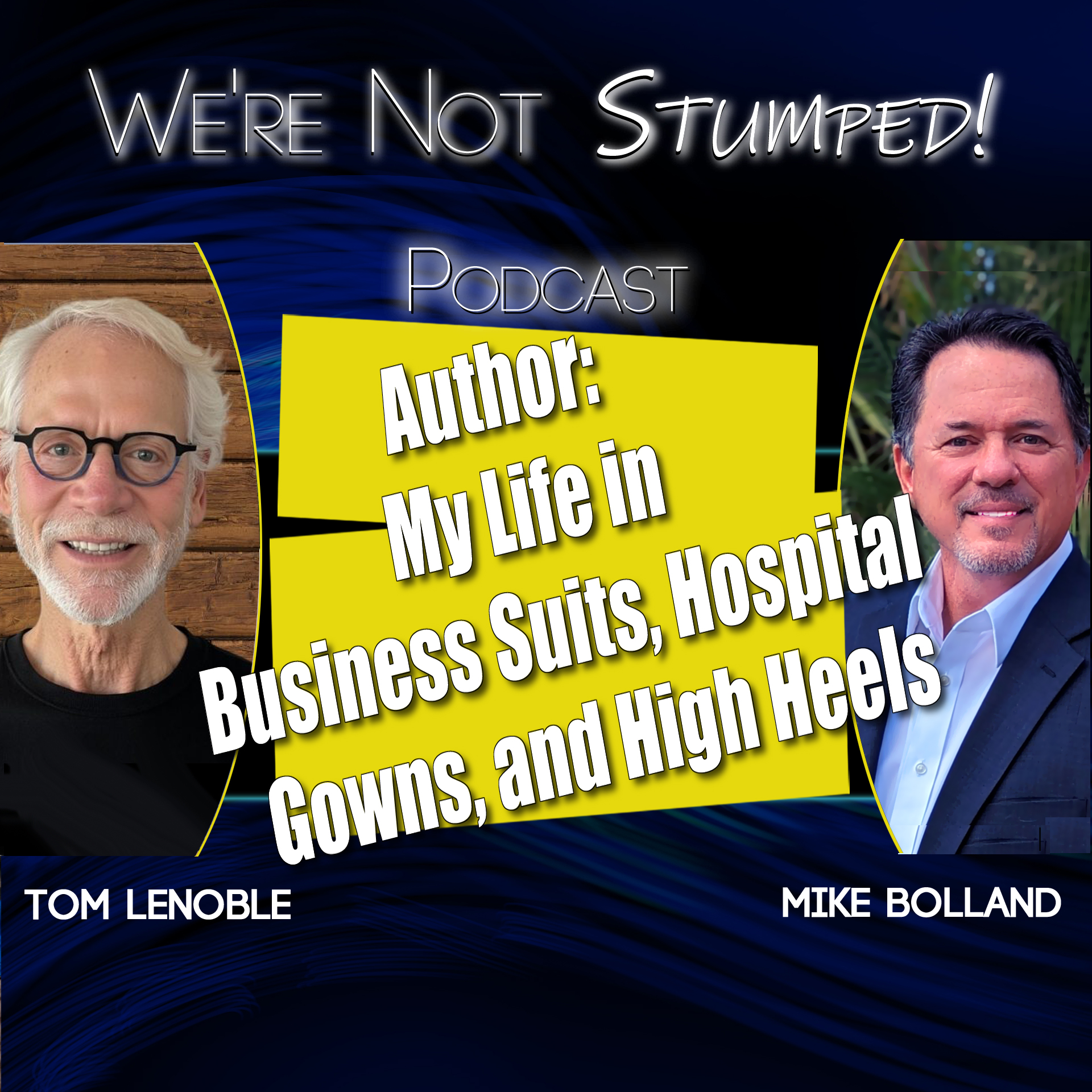
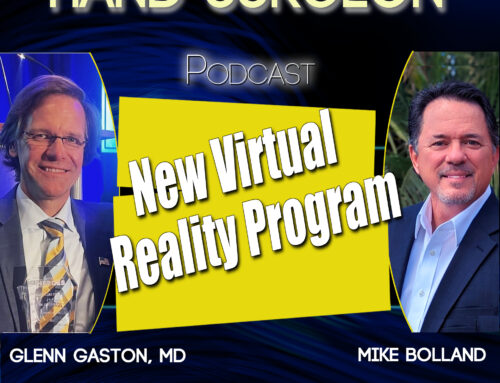
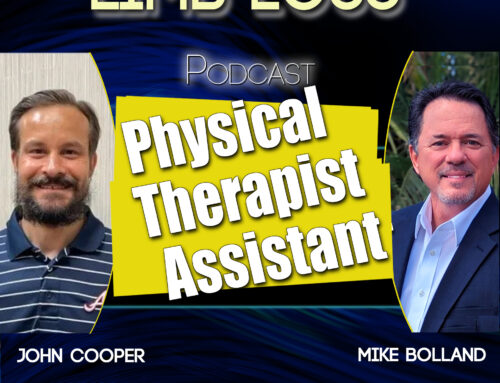
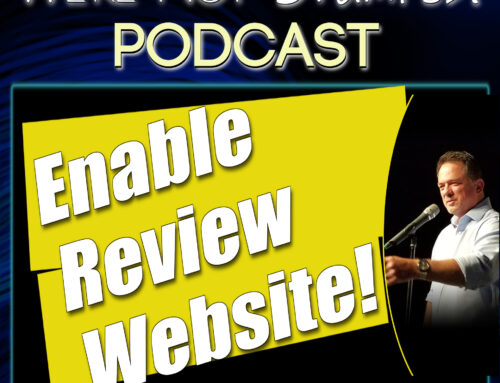
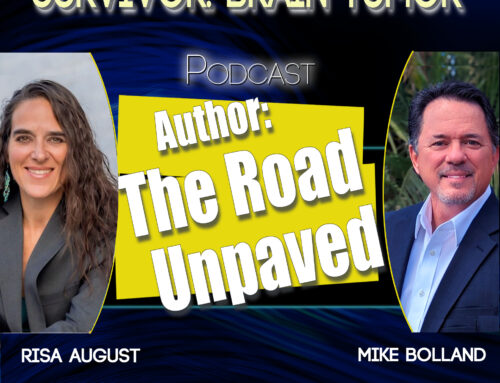
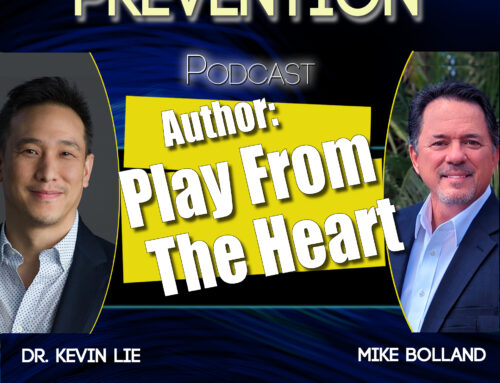
Leave A Comment